
Fukui Prefecture has been gaining attention from Japan and the world at large before the opening of the new Fukui Shinkansen in spring 2024. More and more overseas tourists can be seen here. In the wellness tour that tours Zen, food, and hot springs, interpretation guide services and English menus are being prepared to warmly welcome these guests. The highlights of Fukui, with its warm and welcoming atmosphere, are introduced here in this 1-night, 2-day model course.
Eihei-ji Temple: Experience the spirit of Zen in pure air.
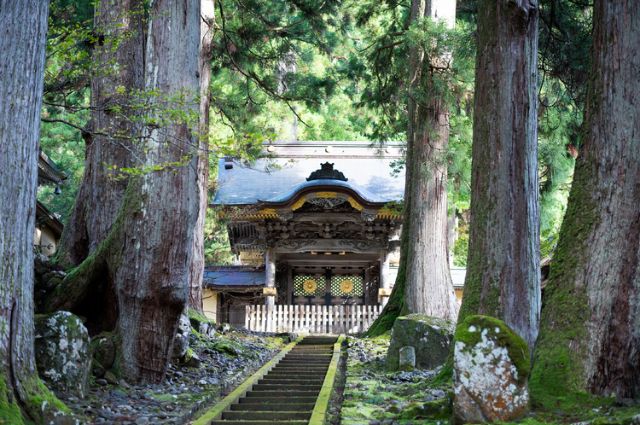
Dating back to 1244, Eihei-ji is a training hall for Zen meditation opened by Dogen Zenji (Zen master Dogen). It is currently the head temple for the Soto Zen school, and around 100 unsui (trainee monks) gathered from all over Japan are working hard on their strict training. In the temple grounds, which are 330,000 square meters, there are over 70 halls and multi-story buildings, so it is packed with highlights.
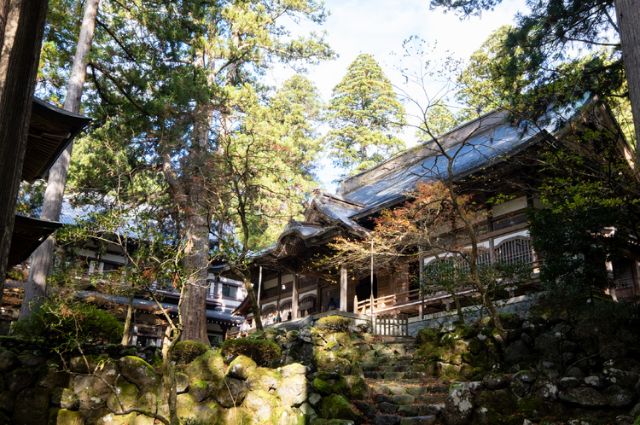
In the autumn leaf season, the temple sees an especially large number of worshippers visiting.
Among these structures, 7 buildings (lecture hall, Buddhist sanctum, meditation hall, Daikuin (kitchen and administration) temple, gate, toilet, and bathroom) called Shichido garan, which are indispensable for the training of the trainee monks, are connected by the corridor and are considered especially important places.
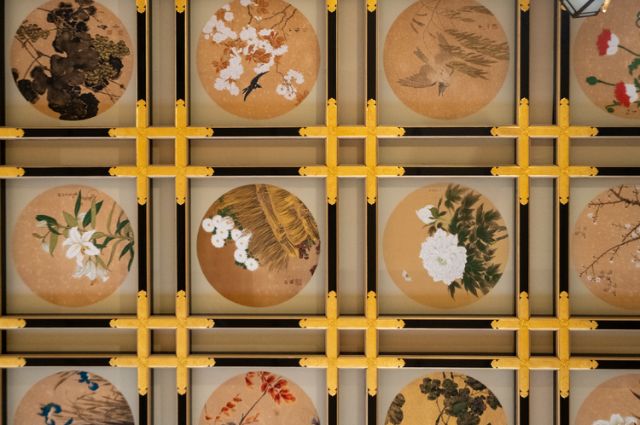
The ceiling of the large hall, Sanshokaku, which features 156 tatami mats, is a must-see. 230 beautiful paintings, made by 144 notable artists of Japan's early Showa period, are embedded here.
Because many overseas tourists visit here, they have English pamphlets available. The dates are limited, but you can consult with the temple to make a request for English guidance by the trainee monks. They patiently explain not only the building but also parts that are not published in the pamphlets, including the lives and daily training of the monks.
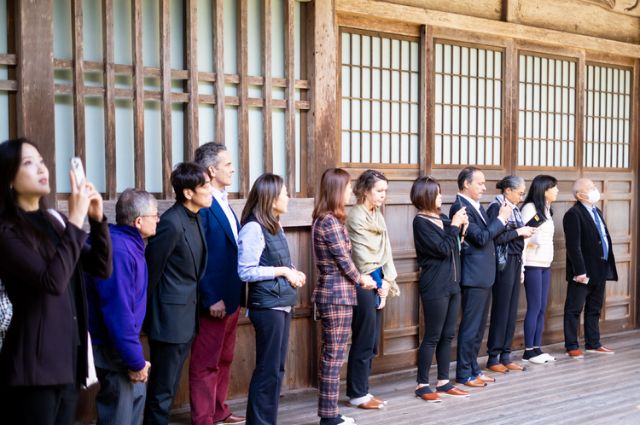
It can be seen that the "Zen spirit" attracts a lot of attention within Japanese culture.
Zen Meditation Experience
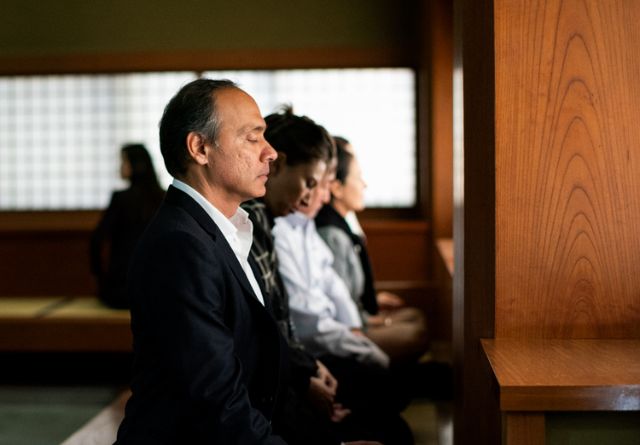
Experience Zen meditation, which is the basis of Zen training.
Zen meditation (Zazen) is one of the basics of Zen training and consists of three important elements: harmonizing the body, harmonizing breathing, and harmonizing the mind. The sight of one sitting while assuming the proper posture and breathing deeply expresses the form of Buddha himself.
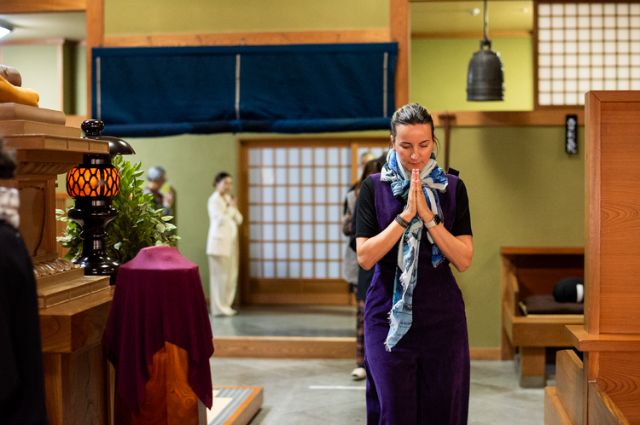
There are detailed explanations on everything from how to enter a room to lectures on posture. Visitors meditate for around 15-20 minutes during this experience, but the trainee monks do this three times every day for 40 minutes each time.
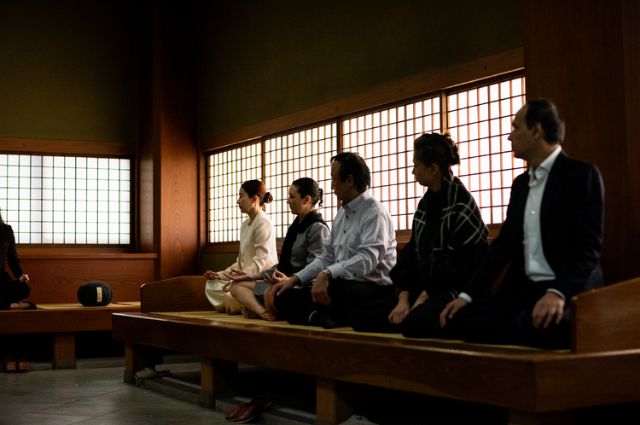
Shojin Cuisine Experience
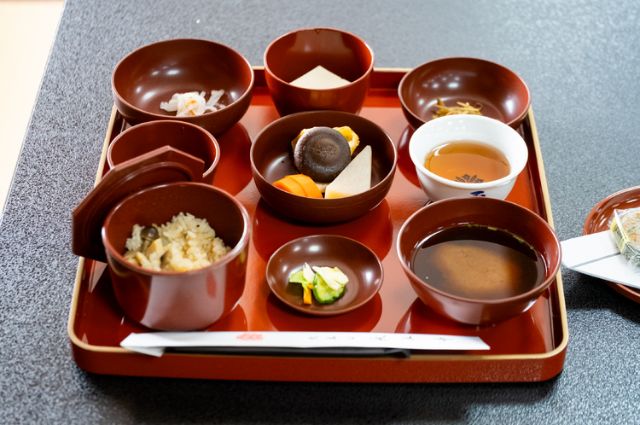

A term that can't be forgotten when speaking of Shojin cuisine is Santoku Rokumi. It means adding 3 virtues and 6 flavors to the cuisine. The three virtues are "gentleness," "cleanliness," and "following the rules." The 6 flavors are "bitter," "sour," "sweet," "spicy," "salty," and "light."
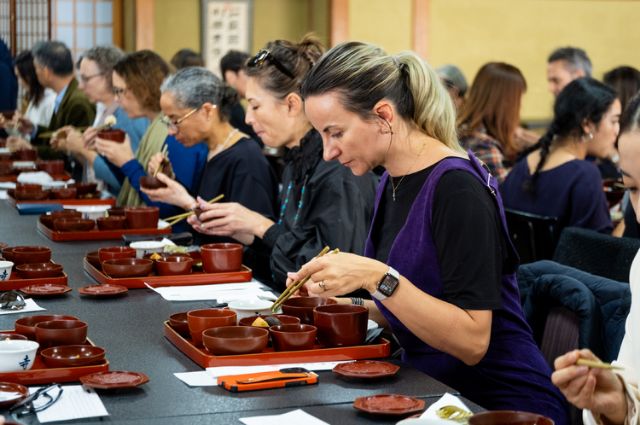
Besides the standard sesame tofu, guests can quietly enjoy foods with deeply delicious flavors, including rice using shimeji mushrooms and tofu and miso soup with nameko mushrooms and tofu using red miso paste.
By visiting the grounds, guests can learn about and feel the spirit of Zen conveyed by Dogen Zenji through training experiences that include meditation and Shojin cuisine. Eihei-ji Temple, which adjusts the body and mind, is a must-visit for those coming to Fukui.
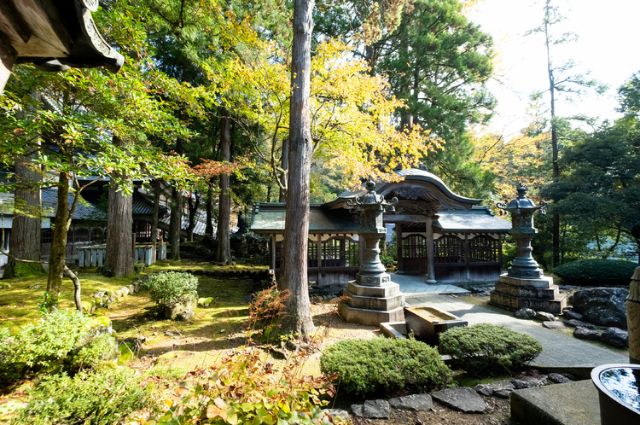
Kokuryu Sake Brewery ESHIKOTO: Enjoy the sake, food, and culture of Fukui.
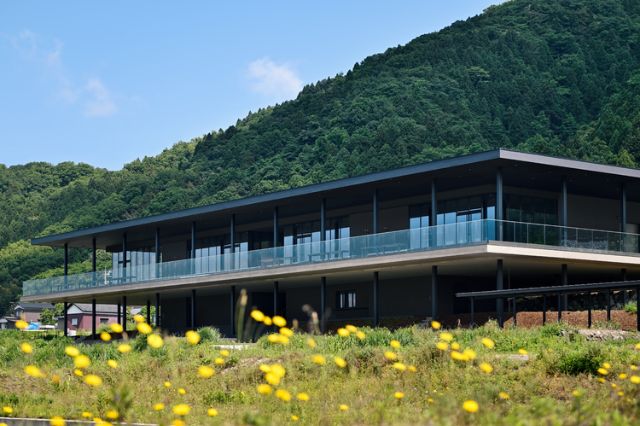
ESHIKOTO is a brand created by Ishidaya Nizaemon, held by Kokuryu Sake Brewery, which has continued to sincerely make Japanese sake for over 200 years. It was born as a place to convey the culture of Fukui, with a focus on sake.
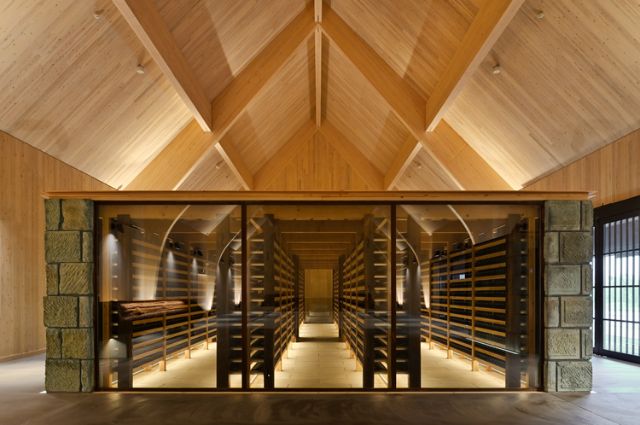
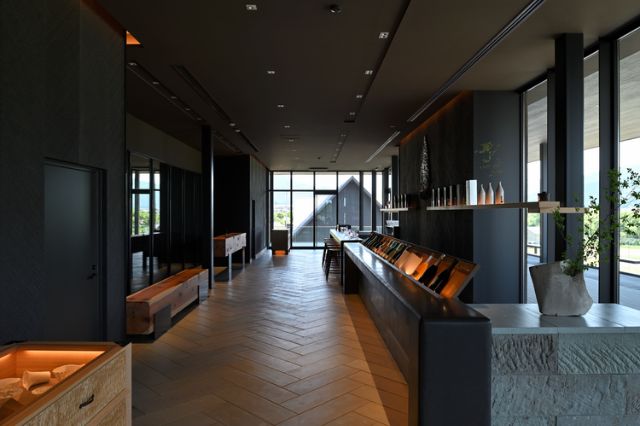
Ishidaya ESHIKOTO Branch is a thoroughly beautiful space with Echizen chests and counters made by plaster artisans, as well as floors made of Shakudani stone. (©provided by Ishidaya Nizaemon)
Here, customers can enjoy purchasing Japanese sake and crafts and tasting the drinks. For sake, they have a lineup of over 15 varieties, including limited edition sake. Customers' hearts will dance until they choose what to purchase, including ESHIKOTO brands and standard items and gifts, while consulting with the staff.
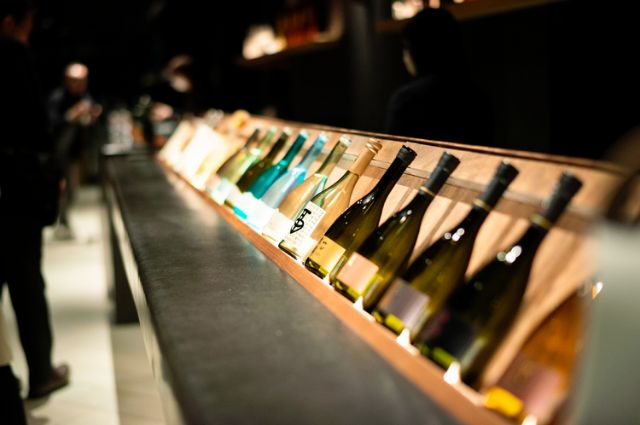
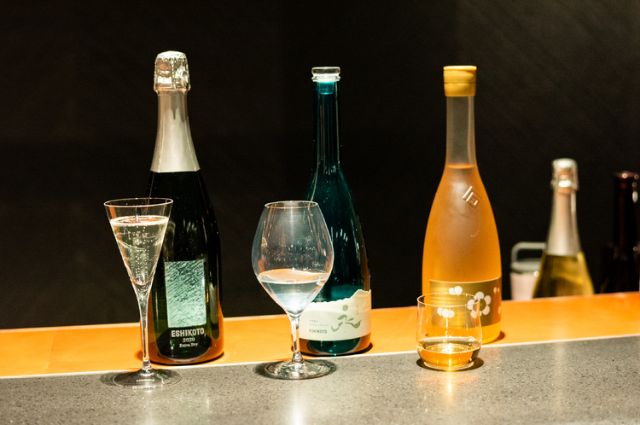
Three kinds of sake are served for tasting. It's truly enjoyable to sample the drinks before purchasing them. 45 ml x 3 varieties 1,500 JPY / 1 variety, 600 JPY
Three varieties can now be tried during the tasting: AWA 2020 Extra Dry, Tokoshie-Gohyakumangoku, and Umeshu 2021. All three are ESHIKOTO brands. Customers can enjoy the completely different flavors of each while listening to the thorough explanations by the staff.
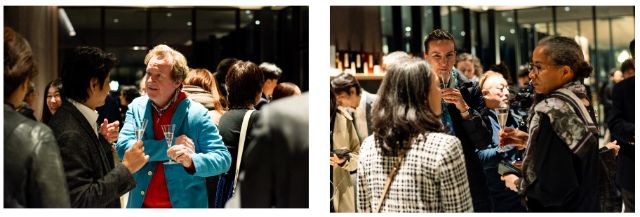
The Kuzuryu River, the largest river in Fukui, flows right outside the building. This grand scenery can be seen from the deck of the ESHIKOTO. Fukui boasts a rich nature, which gives birth to food, sake, and culture. The world is sure to pay attention to the future developments of ESHIKOTO, a place that informs people of Fukui's charms.
ESHIKOTO Official Website









![Azabudai Hills [SUMI] (Janu Tokyo) ~ Editor's Afterword by the Editor-in-Chief of Japan's Gourmet Site](/gg/content_image//image/discover_oishii_japan/6536/article_head_150x105z.jpg)









